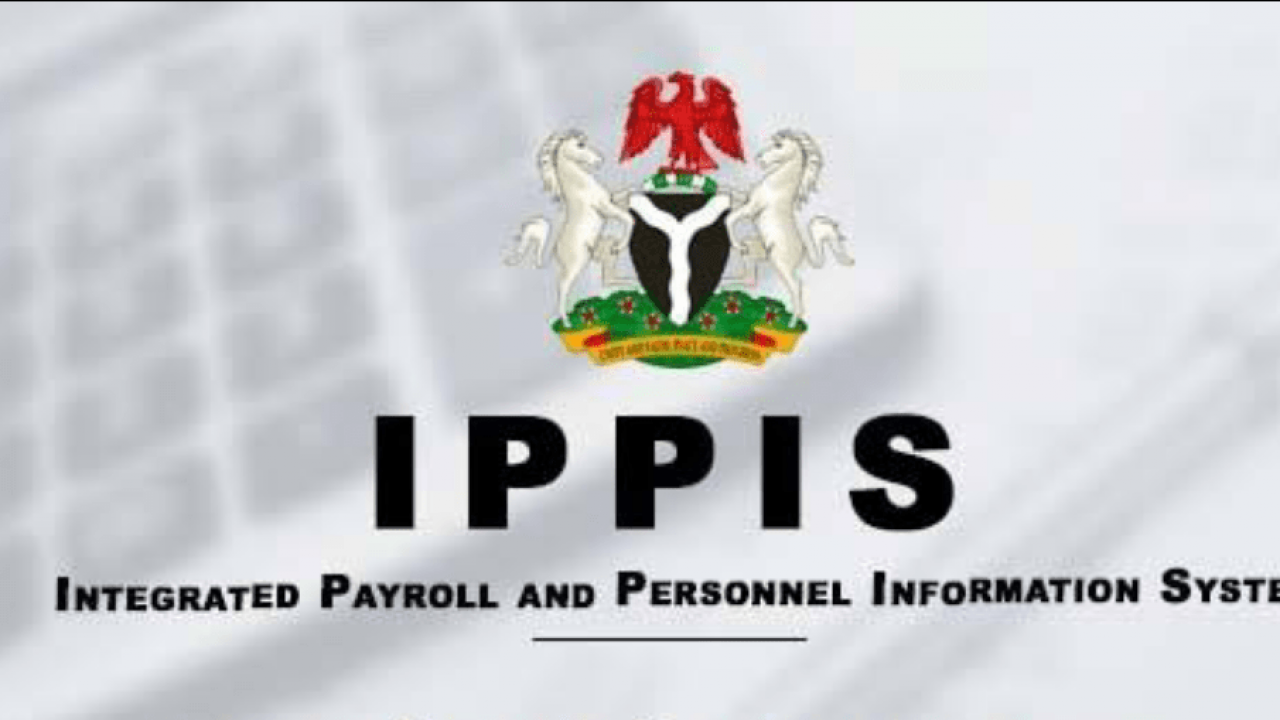Many people, particularly the stakeholders in the tertiary educational sector, were all agog over the recently well-publicised news that Nigeria’s Federal Executive Council has approved the exemption of federal tertiary educational institutions from the Integrated Payroll Personnel Information System (IPPIS) “…..with immediate effect.”
Cursorily, this is a good move from this current central government if there is/are no hidden negative intention(s)! Certainly, it is not yet time for celebrations because of the long history of insincerity from several past governments concerning their promises to Nigerians.
For some of us, we are, rightly, treading cautiously based on our episodic memory. While we commend this move, as it stands today, there is no “big deal” concerning the removal (exemption) of these institutions from the IPPIS platform because there was no need for their forceful enrolment in the first instance. That action by the anti-intellectual former President Muhammadu Buhari was a senseless voyage – to nowhere.
Deep-thinking people, including the Academic Staff Union of Universities (ASUU), gave reasons why the government’s forceful enrolment of federal universities’ members of staff on IPPIS was inappropriate and illegal but the anti-intellectuals saw no reason with them.
However, in order to not sound pessimistic (although, we still do not have a sound and convincing basis for optimism), it will be a commendable venture if the current central and other sub-national governments are trying to positively depart from the negative route established by their predecessors.
To be sincere, there is currently no basis to discredit the arguments of critics who still hold the belief that there is no significant difference between the past and current central government. For instance, they ask: where is the student loan that was supposed to have been operational since September 2023? Where are the palliatives to cushion the effects of the unprecedented astronomical increases in the price of premium motor spirit (also known as petrol) since 29th May 2023?
Government calls it petroleum subsidy removal; the discerning know it as petroleum price increase! Where is the demeaning N35,000 monthly palliative promised to federal government workers since September 2023?
Concerning the federal universities, where are the promotion arrears as far back as 2015/2016? Where are the unpaid salaries, for months, to many lecturers, in these universities as a result of the lacuna already identified on the IPPIS platform? Where are the earned academic allowances said to be in the 2023 budget that was signed into law?
Where are the withheld eight months ‘salaries’ resulting from a strike action for which IPPIS was part of the reasons? Where are the ‘salaries’ from the ‘new salary scales’ for workers in tertiary educational institutions? The ‘new salary scales’, without collective bargaining, (with good intentions, we are told), were unilaterally adopted, by the government, to be operational from January 2023.
To some, it may (rightly or wrongly) appear too early to doubt these promises by the federal government; nonetheless, experience has been a good teacher to us. We have consistently learnt that talk is cheap, especially from politicians! They will always say what they think people want to hear. Therefore, we have gone far beyond the level of being shocked by disappointment from any politician or government.
Although, the government’s untrustworthiness is condemnable, we are prepared for it! A government that took over power, from another, from the same political ‘party’, should not be in power for more than six months and still be promising what it has the power to implement during the month it was sworn in! Or, did this federal government (and its “technical advisers” at the Bretton Woods Institutions) require six months to increase the price of petrol in what they call petroleum subsidy removal?
It took only minutes (on the day this federal government was inaugurated) for the pronouncement to be made by the president!
To clear doubts that this government is now departing from the old path of “promise and fail”, it should immediately defray all monetary arrears earlier highlighted. Once this is done, the “doubting Thomas” amongst, and in, us will be easily convinced with clear facts on the table.
Finally, we really hope to be proven wrong that the federal government is not trying to use this IPPIS matter as a carrot (decoy) to achieve its decades-long well-known desire to fully abandon public universities through poorer funding.
Andrew A. Erakhrumen, Department of Forest Resources and Wildlife Management, University of Benin

 Join Daily Trust WhatsApp Community For Quick Access To News and Happenings Around You.
Join Daily Trust WhatsApp Community For Quick Access To News and Happenings Around You.


